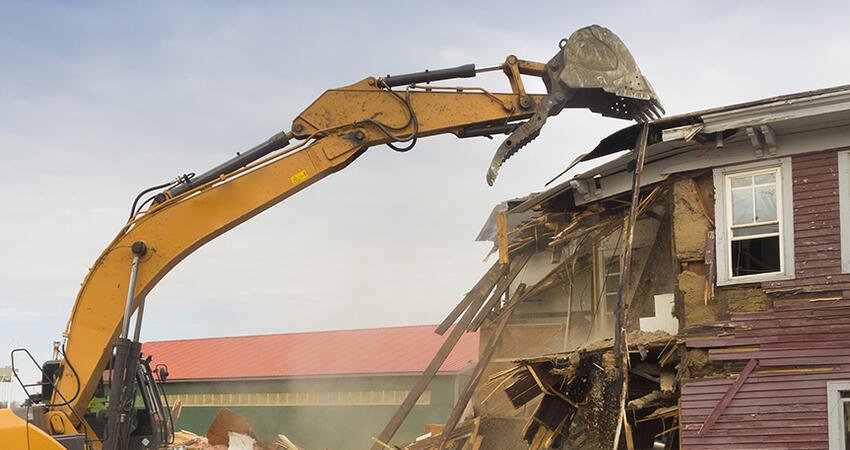
Can Demolition Revitalize Struggling Detroit Neighborhoods?
- Title:
- Can Demolition Revitalize Struggling Detroit Neighborhoods?
- Author:
-
Dusan Paredes, Mark Skidmore
- Source:
-
Regional Science and Urban Economics
- Publication Date:
-
2017
What are the costs and benefits of demolishing dilapidated residential properties in Detroit? Dusan Paredes and Mark Skidmore’s research analyzed the costs associated with demolishing blighted properties and the effect demolition has on nearby property values. They evaluated the time it takes for local governments to regain those costs through additional property tax collection resulting from the change in property values. The authors used parcel-level data from the City of Detroit Assessment Division to assess the net price of demolitions, data from the 2009 Detroit Residential Survey that recorded and categorized residential parcels’ physical condition, and merged data on demolitions that occurred after the survey. The research produced a concrete evaluation of demolition policies in Detroit under current conditions and suggests several actions decisionmakers can take to improve the benefits of the city’s policies.
Key findings
- Demolition has a positive effect on property values within 0.125 miles. Similarly, the authors estimate a 3 percent drop in the average sales price of a property within 0.1 miles of an additional blighted property. This impact diminishes with distance.
- The net benefit of demolition is negative. Average home prices in Detroit would have to increase to five times what they currently are to generate a positive net social benefit.
- It could take more than 50 years to recover the initial costs of demolitions.
- In conjunction with demolition activity, Detroit could encourage neighbors to purchase next-door vacant lots, undertake efforts to improve public education and reduce crime, and target demolition activity in and near high-value areas where demolition could yield higher net benefits.